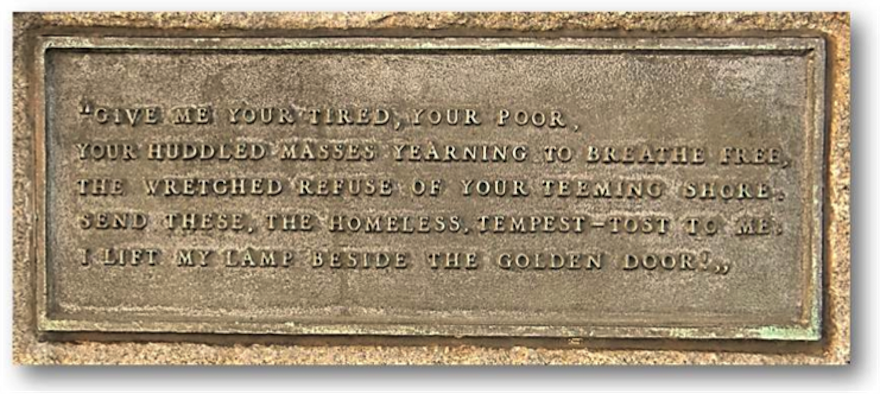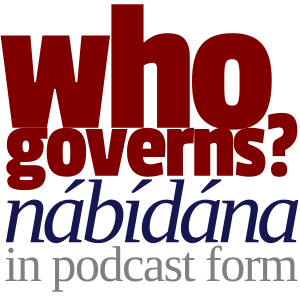There were a number of inevitabilities about the decision by US President Donald Trump to restrict travel to and through the USA last week.
First and foremost, it was inevitable that he would do it. He has been signposting the restriction for months before the US Presidential election, and we all thought it was an unpleasant idea then. Back then, of course, he was seeking a blanket ban on ‘all Muslims’ ‘until we can work out what the hell is going on’. There’s little doubt that he was told by White House counsel that this would be both utterly illegal and impossible to police. But this guy is working fast and loose with Executive Orders and permanent immigration and homeland security services which are bound by duty to interpret his EOs and implement them with all haste.
Secondly, it was inevitable that other nations would have a muted response to the new policy, and therefore inevitable that the outcry would be immense and immediate. The number of hot-takes and bat-shit responses was high, even for this President.
The process of restricting people from travelling to the United States is complex, unless you’re prepared, as Mr Trump is, to take a shotgun to the ‘problem’. Back under President Obama, travel from the same countries targeted last week was restricted to require intensive Embassy interviews, usually before travel. This new EO steps that up all the way to complete restriction – in effect abandoning the quarantine procedure Obama introduced and entirely ending travel for citizens and passport holders from those nations. The process is as logical as the policy is nuts.
This blog agrees that the decision is unlikely to achieve what Mr Trump hopes it will achieve, and is concerned that the decision in effect creates an assumption of guilt or at least risk from those countries without evidence. It more than likely constitutes an abandonment of the USA’s responsibilities in international law towards refugees and asylum seekers. But control of a nation’s borders is and must remain the business of that nation, and it is not for other nations, and certainly not ours, to seek to second-guess the President of the United States, who appears to have been given these authorities legitimately and democratically.
This does not mean that we should agree with or keep silent about the impact of these decisions on our fellow human beings. But the facts of Mr Trump’s candidacy and presidency thus far have given very little indication that indignation or anger with him from the left or centre will achieve any movement from him whatsover – and will likely embolden him and his resolve to continue in this course of action.
The blanket ban is extremely unpleasant, possibly illegal and deeply troubling – but only the gentlest diplomatic channels and the canniest political operators will ever be able to change his mind – and if you reckon he can be bullied or subdued, you haven’t been paying attention.


